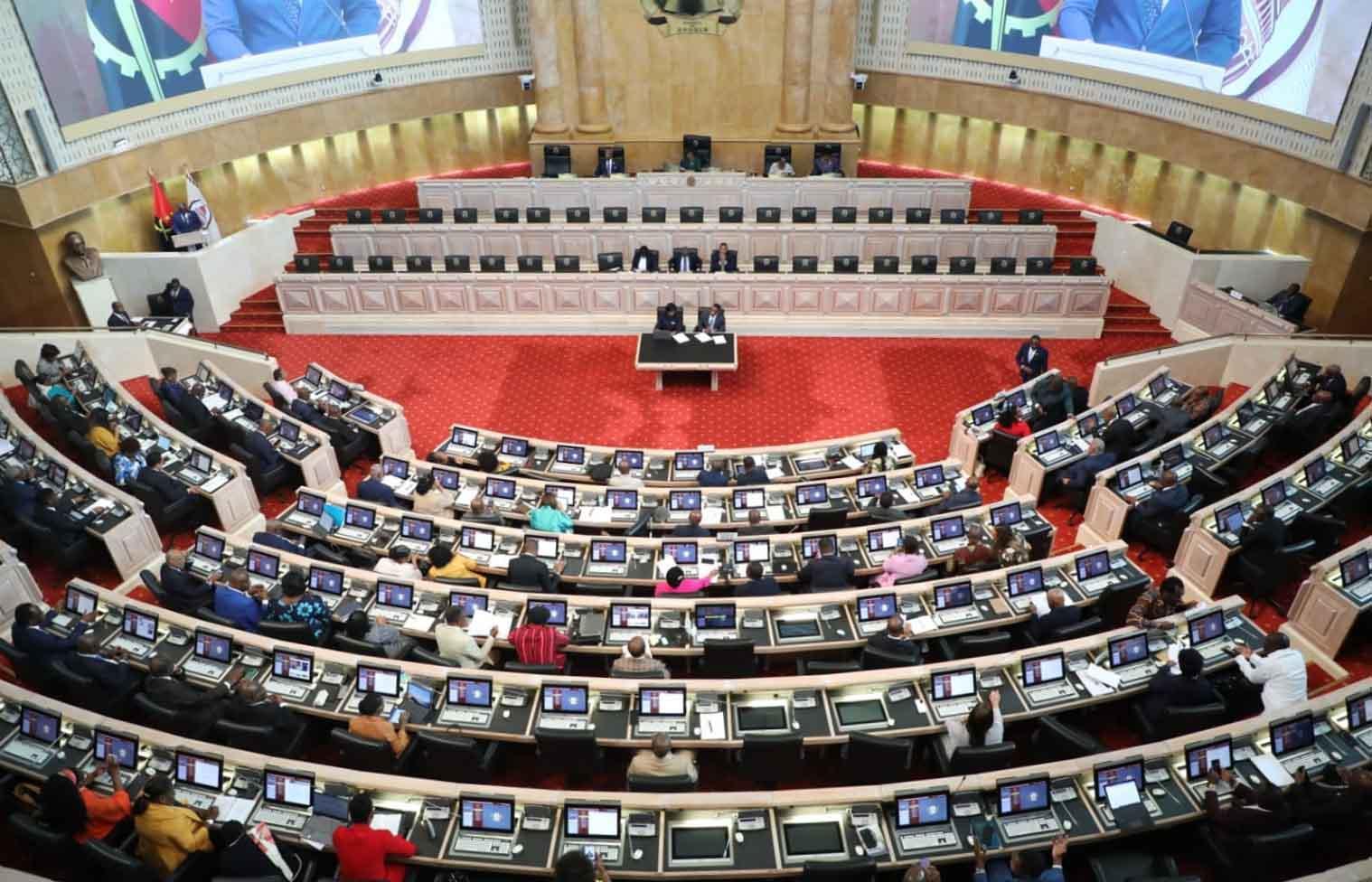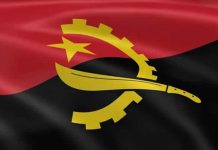Africa-Press – Angola. The National Assembly will hold, on Thursday, the 5th ordinary plenary meeting to discuss and vote, in general, on the proposed Law on the Institutionalization of Local Authorities.
In the plenary, deputies will discuss two proposals. One from the Executive and another from the Unita Parliamentary Group called “Proposal for a Law on the Effective Institutionalization of Local Authorities”.
This diploma had already entered Parliament in the previous legislature, when it was only approved in general, having expired due to parliamentary rules and customs.
This custom determines that proposals and bills that did not receive a final global vote during the previous legislature expire during the course of the following legislature.
The proposed Law on the Institutionalization of Local Authorities aims to establish the rules on the creation of these local government entities, as well as transition measures between the State’s local administration and the autonomous administration.
The Local Legislative Package already contains ten of the 13 legal instruments that will regulate the exercise of local authority power in the country, within the framework of the ongoing local authority implementation project.
This is the Law on Symbols of Local Authorities; Organic Law that Approves the Statute of Local Elected Members; Law on Acts and Forms of Local Authorities; Local Government Fees Regime Law; Law on the Financial Regime of Local Authorities; Organic Law on Local Elections; Law on the General Regime of Inter-Autarchic Cooperation; Organic Law on the Organization and Functioning of Local Authorities; Law on Transparency of State Duties and Competencies for Local Authorities; and the Administrative Guardianship Law over Local Authorities.
The diplomas, promulgated by the President of the Republic, define the general framework for attributing powers of the municipal function, composition and functioning, as well as the principles and rules.
The ten legal instruments will be joined by three more, whose proposals appear on the agenda for Thursday’s session, after being analyzed by the Council of Ministers, namely the Bill on the Institutionalization of Local Authorities; the Proposed Law that Approves the Remuneration Statute of the Holders of Bodies and Services of Local Authorities and the Organic Law of the Municipal Guard.
Two proposals with the same purpose
The Executive’s proposal aims to establish standards on the institutionalization of Local Authorities and transition measures between the State’s local administration and the autonomous administration.
The diploma determines the acts and formalities for the institutionalization of local authorities and the actions that must be carried out to ensure a responsible and efficient transition from the State’s local administration bodies to the autonomous ones, capable of safeguarding national unity and the country’s development.
The UNITA Parliamentary Group’s Effective Institutionalization of Local Authorities Project aims to effectively institutionalize and create local authorities in Angola.
In this regard, the deputy rapporteur of the two documents, Lourdes Caposso, emphasized that the Executive’s Bill, given its normal nature, requires depth in its analysis, while the UNITA Bill effectively establishes the authorities, based on the Constitution.
As rapporteur, she said that she will recommend to the plenary the merger of the two diplomas, because the most important thing as legislators is to present a single law to the country, which deals with the institutionalization of local authorities.
The vote in the AN’s specialized committees for the admissibility of the two diplomas to the plenary was carried out separately, with no votes against.
At this Plenary meeting, deputies will also discuss for voting, in general, the Proposed Laws on the Remuneration Status of Holders of Bodies and Services of Local Authorities and the Organic Law of the Municipal Guard, legislative initiatives of the Executive.
The Municipal Guard provided for in the Proposed Law is an administrative service of the local authority intended to exercise the function of the administrative police in the respective area of jurisdiction and guarantee compliance with the rules in force in the local authority.
The Proposed Law that approves the Remuneration Statute for the Holders of Bodies and Services of Local Authorities aims to materialize the provisions of article 12 of the Statute of Local Elected Members, approved via Law no. 25/20, of 20 July , which establishes that “the salary of the president and other members of the Chamber is fixed by a specific diploma”.
The diploma defines the rules that will regulate the forms of remuneration of municipal office holders, who will perform functions on a full-time basis.
This document addresses the future president of the Chamber, president and vice-president of the Municipal Assembly, the Communal or Urban District secretary, the Executive secretary, the secretaries of the Chamber and the secretary of the Board of the Municipal Assembly, with a view to dignification of the exercise of functions.
The institutionalization of local authorities in the country involves the approval of the entire local government legislative package, most of which have already been approved.
Money laundering
The Plenary will also proceed to the final global vote on the Proposal to amend the Law on preventing and combating money laundering, the financing of terrorism and the proliferation of weapons of mass destruction, the Angolan Penal Code and on preventing and combating Terrorism.
Deputy Lurdes Caposso, from the MPLA, highlighted the advantages of approving the legislation in question, related to the commitment of each Angolan to cooperate with international institutions “and not launder money”.
“We have to unite so that Angola complies with international legislation (compliance) and has access to foreign exchange, among others”, she expressed.
Regarding the amendment to the Penal Code, she highlighted that profound changes were made to ensure a safe and integrated business environment.
The Executive’s legislative initiative is part of the process of reviewing the sector’s legislation, and essentially aims to correct and overcome inaccuracies, errors and insufficiencies recorded when the Angolan Penal Code was published, approved in November 2020.
For More News And Analysis About Angola Follow Africa-Press






